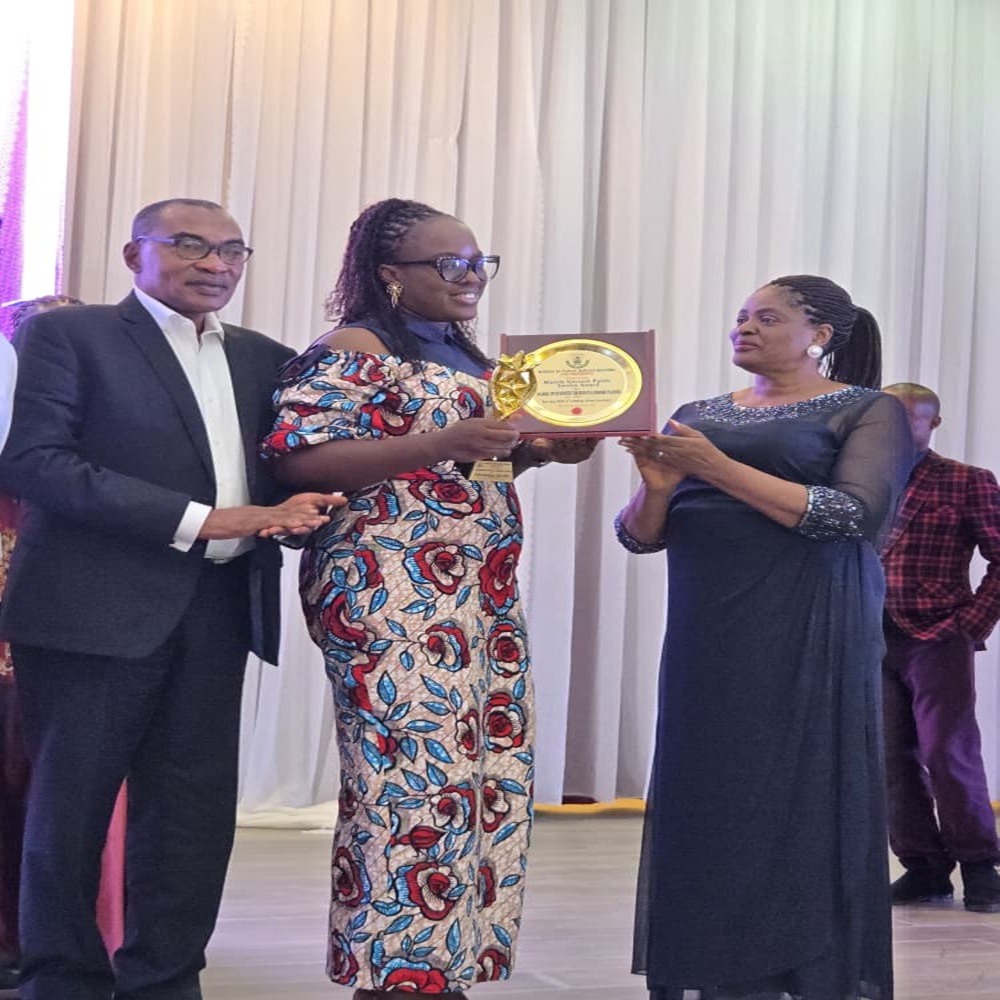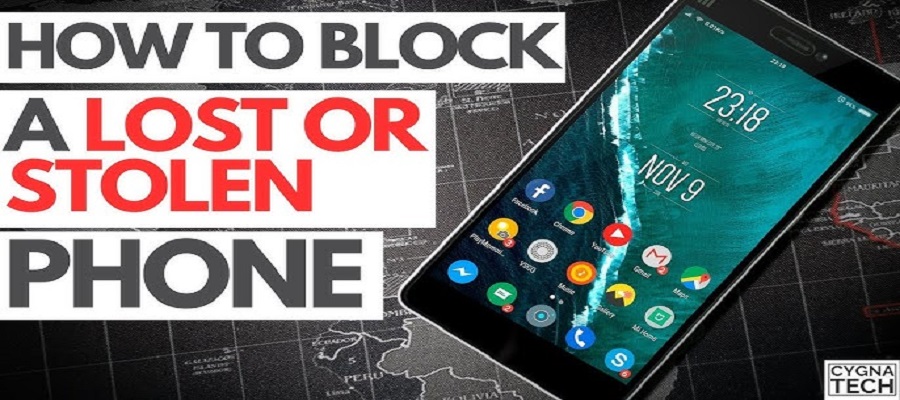Telecom
NCC Moves to Check SIM Swap Fraud

Ms Helen Obi, Head of Zonal Operations, Nigerian Communications Commission ( NCC ) yesterday said that the commission has put in place a regulation to checkmate SIM Swap fraud.
Obi said this in an interview in Jos.
A SIM is a smart card inside a mobile phone, carrying identification number unique to the owner.
While SIM Swap is the process of replacing your existing SIM with a new SIM and moving your existing number, data etc. to a new SIM.
She said that the new regulation put in place to stop SIM Swap fraud was in the interest of customers.
According to her, SIM SWAP fraud has a lot of issues attached to it because often times, you find a lot of people who are not the owners of these numbers going to do SIM SWAP at various centres.
“We have cases of fraudulent activities done on people’s bank account as a result of SIM SWAP and they complain to the commission expecting that the commission would compensate them.
“We have now put a regulation in place advising these operators to demand for certain requirements and criteria before allowing SIM swapped.
She said that anybody coming for SIM Swap must prove that the number that was been requested to be swapped belonged to him/her.
Obi said that once that is done, there would be no complain and the operators would not be left in doubt.
“So it is all in the interest of consumers that we are doing this because of the complaints, especially the one that has to do with fraudulent activities on the consumer’s bank account.
“What we as a regulatory authority keep advising and encouraging our consumers to do is that they should also help the commission to serve them better by following laid down rules.
Some subscribers, said that Network providers were putting them through stress to have a SIM replaced.
They said that they were being asked to bring court affidavit, national identification card, SIM pack amongst other requirements.
Mrs Ola Adedeji, an ICT expert, applauded the idea of asking subscribers to identify themselves properly before replacing lost SIM.
Adedeji said that her problem with the network providers was that subscribers were not adequately informed about the new development.
“It is okay to ask a subscriber, who lost a SIM card and want a replacement, to properly identify himself or herself before a re-issue.
“But my problem with the network providers is that they should educate customers properly so as to enable us prepare ourselves before coming for replacement.
Mr Collins Okeke, a trader at Lugbe, said that he was not happy with the development of going through the stress of retrieving a misplaced SIM as network providers are asking them to bring so many things.
Okeke said that last time he went to do a welcome back at GLO office, he was asked to swear affidavit because he did not get his SIM pack.
“I am not happy with the development because I did not know of all these protocols as I was not previously informed.
“NCC and network providers should embark on serious sensitisation campaigns to properly educate subscribers on the need to provide the items for proper identification.’’
Telecom
Anambra ICT Agency Celebrates GOVTECH Awards, Applauds Soludo’s Digital Vision

Chukwuemeka Fred Agbata, CFA, md/ceo of the Anambra State ICT Agency, has extolled Governor Charles Chukwuma Soludo, CFR, for his unwavering commitment to technology adoption in Anambra State, a vision that has positioned the state as a shining example of digital governance in Nigeria.

This recognition follows Anambra’s outstanding performance at the Nigeria GOVTECH Gala & Awards 2025, where the state clinched two prestigious honours at the Presidential Banquet Hall, Abuja.
The Anambra State Ministry of Budget and Economic Planning emerged as Best State MDA in Technology-Driven Governance, while the Anambra State Bureau of Public Procurement received the Excellence in Digital Public Procurement Award.
The Commissioner for Budget and Economic Planning, Chiamaka Nnake, and the DG of BPP, Okechukwu Ezeobi, also received Trailblazer Awards for exemplary leadership.
Speaking on the win, CFA commended his colleagues for working closely with the Agency to deepen technology adoption, and reaffirmed the ICT Agency’s commitment to powering the digital infrastructure that supports efficient and transparent government operations in line with Governor Soludo’s “Everything Technology, Technology Everywhere” mantra.
“These awards underscore what is possible when agencies work together with a shared vision,” CFA said. “The ICT Agency is proud to support and enable the digital systems that make such milestones possible.”
He further pledged that the Agency would sustain the momentum by expanding digital integration across government processes, ensuring that Anambra remains at the forefront of e-governance innovation in Nigeria and beyond.
Telecom
IHS Closes Deal to Sell Rwanda Operations

IHS Holding Limited (IHS Towers), an independent tower company, has completed the sale of 100% of Rwanda operations to Paradigm Tower Ventures.

First announced in May, the deal is worth $274.5 million, representing a transaction multiple of 8.3x adjusted EBITDA after leases, and includes about 1,465 sites.
According to IHS Towers, the sale of the company’s Rwanda operations is part of its strategic initiatives targeted at shareholder value-creation options following over ten years of commercial success in the East African country.
The acquisition IHS Rwanda will mark the first investment by Paradigm’s new Sub-Saharan African tower platform, whose focus is on the growth of new build shared wireless infrastructure across the region.
Paradigm is backed by a consortium of equity and debt finance providers, including Convergence Partners and Rand Merchant Bank, a division of FirstRand Bank Limited, who acted as mandated lead arranger, sole funder and financial advisor.
Stephen Harris, co-founder and chairman of Paradigm previously commented: “Rwanda represents an exciting market with high demand for shared wireless infrastructure. The Paradigm team is very much looking forward to building a strong customer focused business, providing high quality and secure infrastructure to mobile network operators.”
Telecom
NCC Launches DMS to Block Fake, Stolen Phones from Mobile Networks

Nigerian Communications Commission (NCC) has announced the implementation of a Device Management System (DMS) designed to block fake, cloned, and stolen phones from accessing Nigeria’s mobile networks.

The system, which has been in development for nearly a decade, will track mobile devices through their International Mobile Equipment Identity (IMEI) numbers across the country’s telecommunications networks.
The initiative follows Nigeria’s recent nationwide migration to the NINAuth digital ID verification platform, demonstrating the country’s commitment to modernizing its telecommunications infrastructure.
Operating through a Public-Private Partnership (PPP) framework, the DMS marks a significant step in regulating Nigeria’s telecommunications device market.
The initiative addresses the prevalent issue of counterfeit and unregistered phones in the country, where estimates indicate that up to 40 percent of mobile devices and tech gadgets are fake or substandard.
The challenge mirrors similar issues faced by other African nations, such as Uganda, which recently launched its own “Simu Klear” system to address counterfeit devices.
According to the NCC, the implementation will proceed gradually to minimize disruption to legitimate users. “Substandard and fake devices can be prevented from connecting to the networks due to the harmful impact these devices have on the quality of services and online safety of the users,” the Commission stated.
The IMEI-based tracking system builds on successful implementations in other regions, where similar technology has been used to recover lost and stolen devices.
The widespread presence of counterfeit devices in Nigeria has been attributed to various economic factors, including inflation, unemployment, and reduced purchasing power, which have led consumers to seek cheaper alternatives despite associated safety and security risks.
The risks include potential exposure to malware and security vulnerabilities, similar to recent incidents where banking trojans have targeted Android users through counterfeit applications.
Dr. Aminu Maida, executive vice chairman, NCC, has made the DMS initiative a key part of his broader regulatory agenda, which emphasizes protecting telecom assets and improving network quality.
The system supports the Commission’s focus on transparency, accountability, and infrastructure protection in Nigeria’s telecommunications sector, which serves over 200 million people.
The effort complements other recent security initiatives in the country, including PalmPay’s multi-layered security strategy to combat digital payment fraud.
The DMS implementation features several key components, including IMEI-based device identification and blocking capabilities, integration with existing network infrastructure, and coordination between public and private sector stakeholders to ensure effective enforcement.
The comprehensive approach reflects the growing importance of mobile device security in an era where authentication methods are rapidly evolving to counter sophisticated cyber threats.

 General News3 days ago
General News3 days agoIHS Nigeria Champions a Prosperous Nigeria through Digital Inclusion at NES #31

 E-Financial3 days ago
E-Financial3 days agoPolaris Bank Wraps Up 2025 Customer Service Week with Renewed Commitment to Customer Satisfaction

 News3 days ago
News3 days agoNITDA DG says Corps Members Catalysts for Technological Innovation

 Telecom3 days ago
Telecom3 days agoMTN Nigeria to Connect 8m Homes with Fibre Network by 2028

 E-Financial2 days ago
E-Financial2 days agoWeek Ahead: Nigeria CPI, US-China trade woes, big bank earnings

 E-Financial3 days ago
E-Financial3 days agoCBN Orders Banks to Refund Failed ATM Transactions within 24 Hours

 Telecom2 days ago
Telecom2 days agoTD Africa and HP Strengthen Partnership, Eye Expansion Across Africa

 E-Financial3 days ago
E-Financial3 days agoTelcos Are Becoming Banks for The Next 2Bn Customers

























